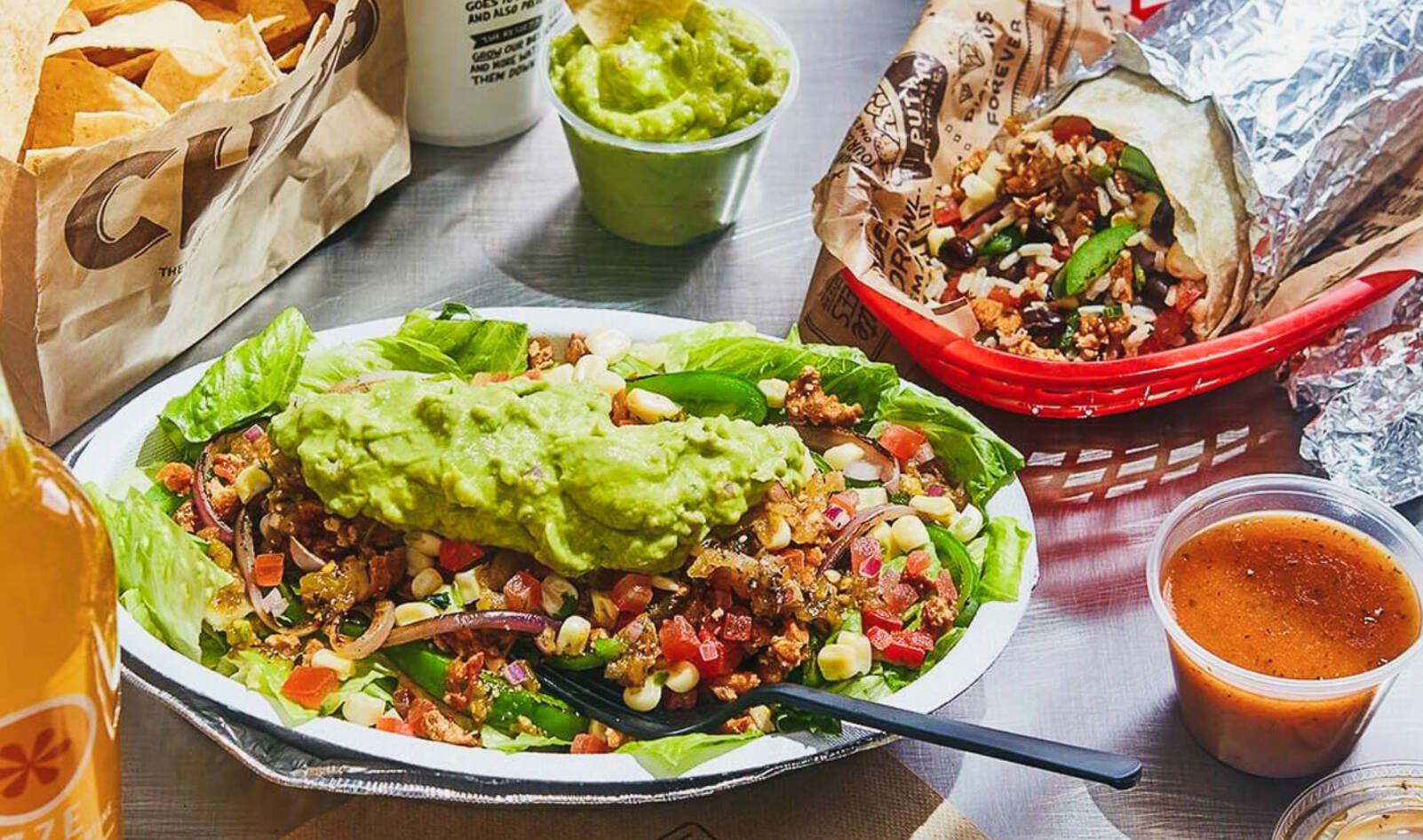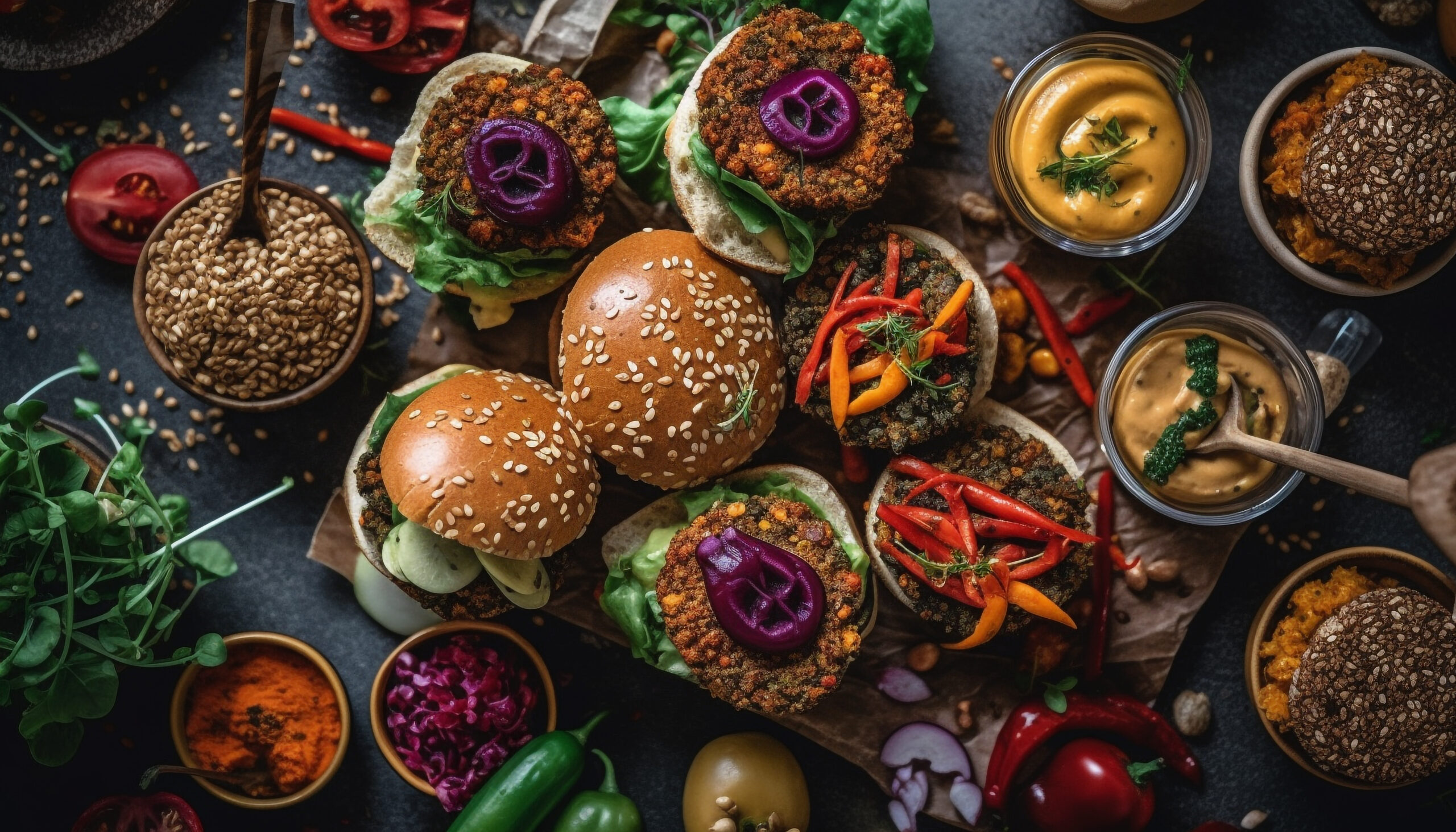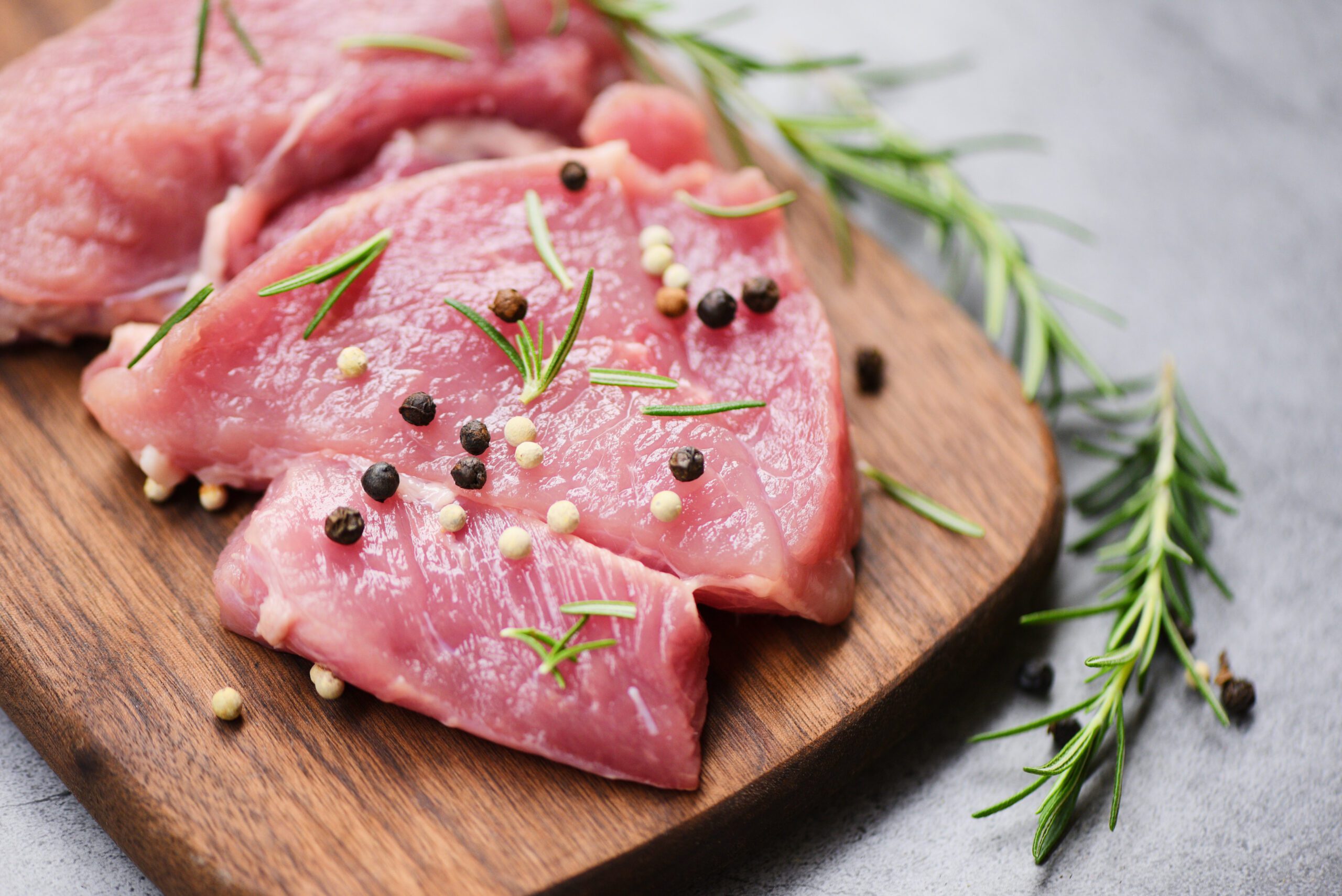Quotes from Vox, Dec 1, 2023
By Julieta Cardenas
If we were living in an ideal world, every meal would be prepared without harming the environment or compromising the well-being of animals. Indulging in a delicious steak with freshly ground pepper and butter doesn’t impact climate change. The sizzling sound of bacon fat does not necessarily indicate that a pig was slaughtered on a factory farm.
The dreams that involve gastronomy that we are discussing are on a scale that is truly astronomical, surpassing any ordinary expectations. The positive news is that we are making steady progress towards reaching these objectives by means of the advancement of cell-cultivated meat, which involves growing meat directly from animal cells in a laboratory. According to the United Nations, cellular meat, in addition to other transformations like the adoption of plant-based diets, is viewed as a potential remedy for dilemmas such as climate change and global nutrition concerns.

In the earlier part of this year, two separate companies were granted approval from both the FDA and USDA to legally sell chicken that has been cultivated using cell-culturing techniques.
Despite the fact that cellular meat offers significant ethical benefits, such as the reduction of slaughter and carbon emissions compared to traditional factory farming methods, food enthusiasts around the world are also eagerly anticipating its potential for delicious taste. Star chef José Andrés took a step forward in the right direction as he introduced lab-grown chicken skewers at one of his restaurants in July. According to my colleague Kenny Torrella, who had the opportunity to taste it, the slaughter-free chicken was surprisingly similar in taste to traditional chicken.









